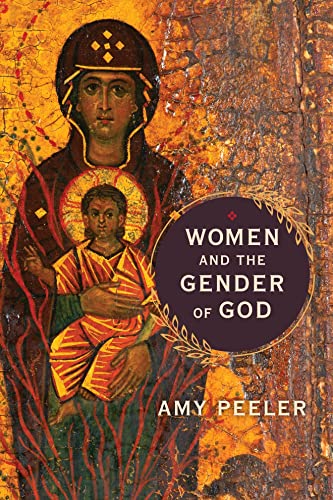Q. Luke 1.35 is about the Holy Spirit, not about God the Father. It is the Spirit who overshadows and protects Mary but also it is the Spirit that conveys the divine power that produces the child in Mary’s womb. This has nothing to do with God’s begetting the eternal Son which took place before space and time. God is called Father because of that begetting, not because of what happened in Mary’s womb. This should have been clear when one compares Luke 1 and John 1 and 3. As God the Son has always been the Son, so God has always been his Father from all eternity. Is this not the way you view the matter? I was confused about how you framed this.
A. While I totally affirm that the first and second person of the Trinity are related eternally as begetter and begotten, is not clear to me that “Father” is the only term to describe the begetter, based on the eternal relations alone. In Ch. 4 of the book, God is Not Masculine, I lay out the reasons why I find that insufficient. My point is that humans did not know what language to use to describe the eternal relationship before the Incarnation. It is not the relationship that comes to be at the Incarnation, but the language for the relationship that is revealed to humans in that act of God.
Q. The language of Mary being filled with the Spirit to speak the Magnificat is simply OT language about a prophet being inspired. It has nothing to do with the later pouring out of the Spirit and the Spirit’s indwelling a person on an ongoing basis. That happened at Pentecost, and I think you make a reasonable case Mary was there, but we should not read Pentecost back into the birth narratives. Right?
A. I agree. In fact, it was striking to me that Luke does not describe Mary as being filled with the Holy Spirit before the Magnificat, but only uses that language for her at Pentecost.













